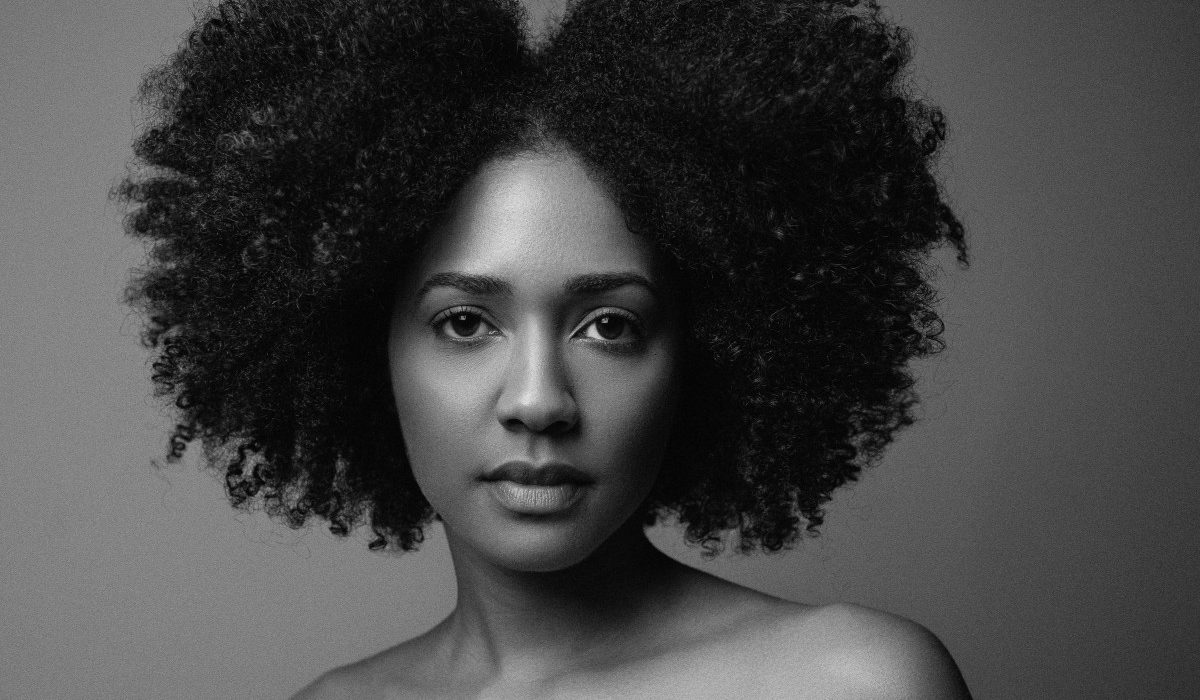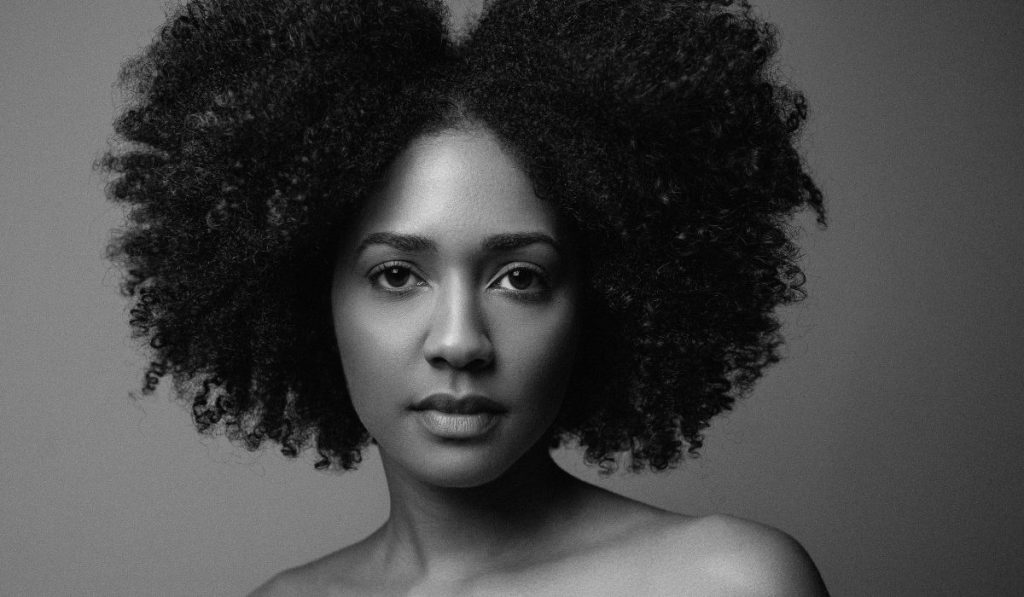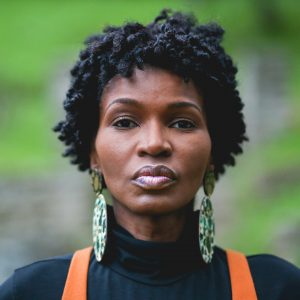

On the 55th anniversary of the Civil Rights Act, U.S. courts are still divided about African Americans’ right to wear their natural hair in the workplace.

By Chanté Griffin
In 2010, Chastity Jones eagerly accepted a job offer from Catastrophe Management Solutions as a customer service representative. The offer, however, came with one caveat—she had to cut off her locs. Jones refused, and the company rescinded its job offer. The company’s hiring manager reportedly told Jones, “They tend to get messy.” The Equal Employment Opportunity Commission (EEOC) filed a suit on Jones’s behalf in 2013 and lost. In 2016, the 11th Circuit Court of Appeals upheld the district court’s ruling and dismissed the case.
Jones’ case is not unique. Cases filed by black workers alleging discrimination against their natural hair in the workplace have filled courthouses for more than forty years, yielding mixed results. These judicial rulings, intertwined with changing social and cultural mores, have created a contentious and uncertain legal situation, with courts and other governmental entities ruling on both sides of the debate.
